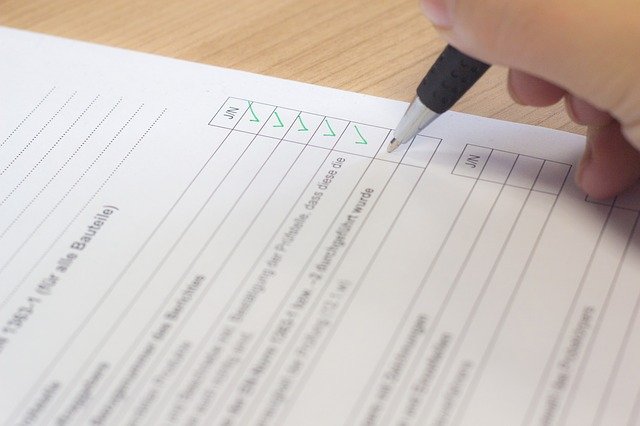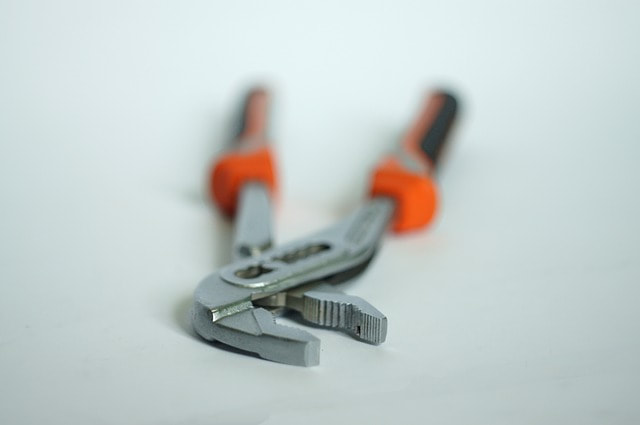|
Can a home inspection affect the sales price of that home you are about to sell? The short answer is yes, it can. But you don’t have to let it. You can achieve this when you understand what the home inspection is, why buyers want a house to be inspected, what home inspectors look for in the property, and the advantage a home inspection gives to the buyer during the home buying process. If you are reading this, chances are that you are a homeowner on the verge of selling your home and you are concerned about how much control you have over the eventual sale price of the property. Like every seller, you want to do everything to avoid events that could force you to sell the home below your desired price. And the one event that has the power to do that is the home inspection.
Regardless of whether a seller conducts a prelisting home inspection or not, most homeowners already have a fair idea of the problems that exist with their home. By being honest with buyers and letting them know about the existing problems before the home inspection, sellers help themselves in two ways. Firstly, they build trust with the buyer, and secondly, they give buyers the chance to factor in the cost of fixing the problem when making their offer. This ensures that the buyer has a fair idea of the condition of the home and the home inspection becomes a mere formality. In conclusion, the main thing buyers want to know when they conduct a home inspection is if the seller's information about their home is complete. The more you know about your home, the less power the home inspection has to lower its sales price. If you want to relieve yourself of the stress of worrying about the home inspection, take control of the situation by knowing more about your property. What is the home inspection and why do buyers have them?The home inspection is that part of the home buying process where the structures and systems of a home are meticulously examined by a professional home inspector for any flaws that the seller may have failed to disclose or is unaware of. It involves a thorough examination of all parts of the interior and exterior of the home. The two reasons that buyers want the home inspection done are trust and maximizing value. As with all financial transactions, there is mutual distrust between homebuyers and sellers. As OmniKey Realty explains, buyers are never sure when sellers are disclosing the full information about the details of a home. Therefore, the buyer seeks the opinion of a neutral third party about the actual condition of the home in order to determine its true value. Based on the outcome of the inspection - the home inspection report - the buyer can come to the following conclusions about the home: What can sellers do about this?
 Selling anything to people is hard. But when the thing you are trying to sell is a house, the level of difficulty goes into the stratosphere. Prospective homebuyer's have to cross major hurdles to reach the point where they are finally ready to buy a home. After going through all that stress, the last thing they want is to buy a home they will be unhappy with in the future. That is why most homebuyer's are typically slow to make buying decisions. The majority of them want to be sure of every aspect of a home before they commit to buying it. And even when they have agreed with the seller on price, they are still not convinced. That's why buyers conduct a home inspection before paying for a home. The inspection helps to assure the buyer that they are making the right decision in buying that particular home, explains McCaw Management in Dallas/Fort Worth. But while home inspections help buyers, they can be a problem for sellers. Because home inspections happen after a seller has agreed on the sales price with the buyer, but before the buyer pays for the home, they can be gut wrenching. The inspection can undo all that the seller has done to get to that point. That is why sellers typically view this part of the sales process with fear. However, there is a way for homeowners to minimize the uncertainty of the home inspection; they can have a pre-listing home inspection. What is a pre-listing home inspection? A pre-listing home inspection is the same as a home inspection. Its difference is in its timing and in who pays for it. Unlike the home inspection, which happens after a buyer has agreed to buy the home; the pre-listing home inspection takes place before the seller puts their home on sale. Secondly, it is paid for by the seller, not the buyer. Why would a seller add the extra cost of a pre-listing home inspection to the expense of selling their home? There are good reasons for doing this. Below we explain the good and the bad things about conducting a home inspection before you list your home. Pros of a pre-listing home inspection 1. Minimize stress As already explained, having a pre-listing home inspection can help homeowners be more confident when selling their home. Knowing that a buyer's home inspection will not reveal anything that can upset the sale can be very reassuring. 2. Price the home accurately Knowing the actual condition of their home gives sellers a more accurate basis for setting the sales price. It also offers them an edge during negotiations because their pricing is not arbitrary but based on provable facts about the home they are selling. 3. A chance to make important repairs Homeowners will usually take steps to improve their home before they put it on the market. Most sellers focus on aesthetic improvements. But conducting a pre-listing home inspection can provide vital information that helps owners make more functional repairs to the home. 4. Reduce the likelihood of re-negotiations After the home inspection, if they don't walk away, many buyers use the inspection report as a basis for renegotiating the sales price. And if they try to negotiate the price downwards, they may press the seller to do repairs before they pay for the home. A pre-listing inspection reduces the chances of this happening. 5. Give buyers more confidence During business transactions, there is mutual suspicion on the part of the buyer and seller. But when the seller can hand the buyer a copy of a home inspection report from a neutral third party, it reduces the buyer's suspicion that the seller may be hiding something. 6. Makes the estate agent's job easier Selling is easier when sellers know the true condition and actual value of what they are trying to sell. The home inspection can help the seller's real estate agent do a better job of convincing buyers. The agent can speak with greater confidence. |
AuthorWrite something about yourself. No need to be fancy, just an overview. Archives
August 2022
Categories |







 RSS Feed
RSS Feed